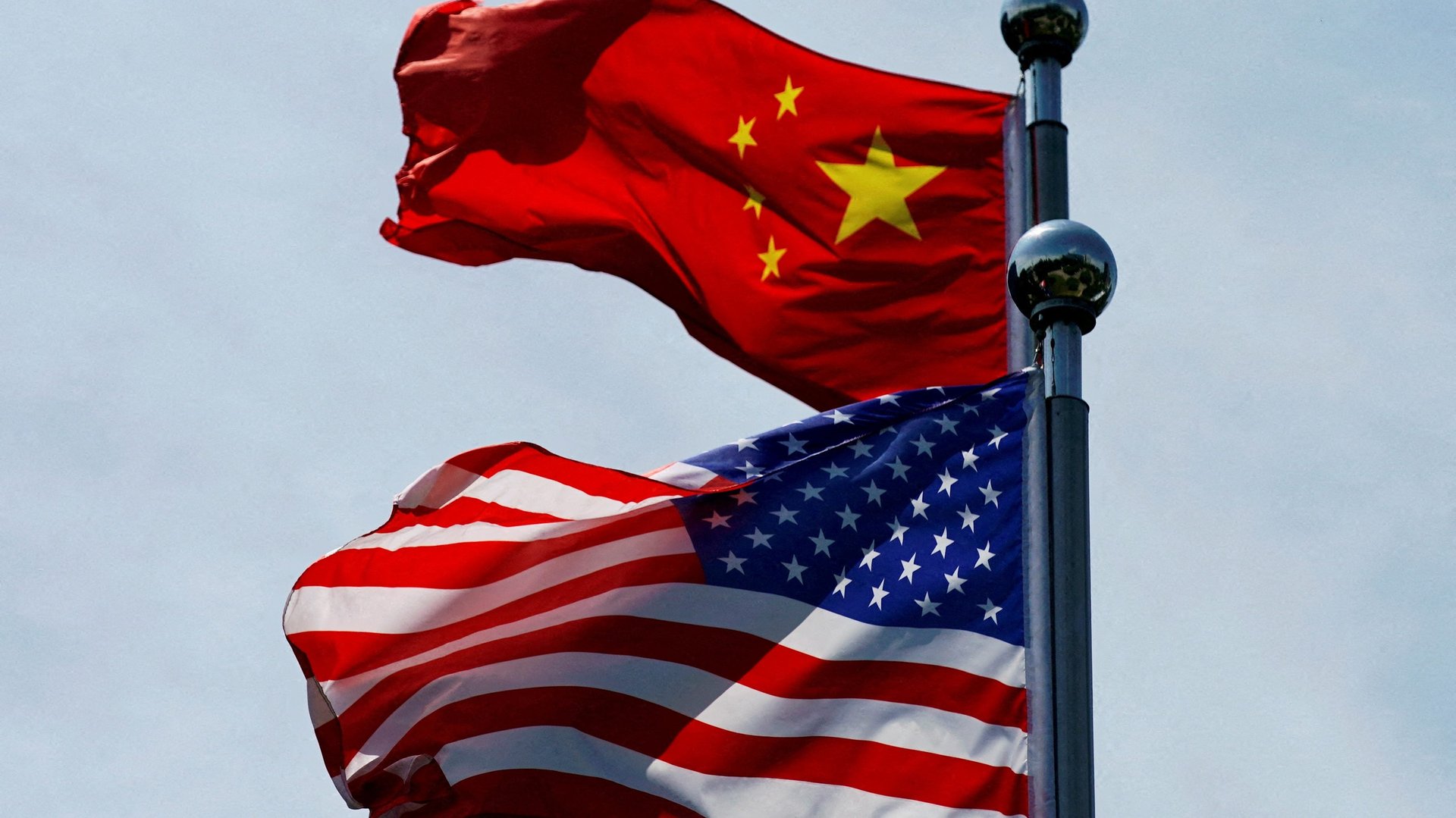Chinese state media are using H-1B visas to bypass US journalist visa restrictions
Under the Trump administration, the US made significant efforts to limit Chinese state media’s presence on its soil.


Under the Trump administration, the US made significant efforts to limit Chinese state media’s presence on its soil.
It designated five Chinese state media, including Xinhua and CGTN, foreign agents, slashing the number of staff they could have and making it mandatory for them to register their full employee roster with the government. It went on to impose limits on Chinese nationals’ use of journalist visas if they weren’t working for US news outlets.
The moves, a response to concerns over Chinese spying and propaganda, came as US-China ties worsened early in the pandemic. Beijing responded by expelling American journalists.
After further escalations, both countries eased restrictions on each other’s reporting staff in November 2021. The US will now offer multiple-entry journalist visas valid for up to a year, up from 90 days. China promised to do the same.
But during this tussle, Chinese media outlets had already found another way in: the coveted H-1B visa.
The H-1B hack
The H-1B visa is a nonimmigrant visa that allows a highly-skilled professional to live and work in the US for up to six years. The majority of the applicants and recipients of the visa are tech workers. Even newsrooms in the US rarely sponsor foreigners for this visa. But media outlets with Chinese state ties have been taking ample advantage of it—exploiting it, even.
While countries like Russia and Saudi Arabia also use this route, “China leads the way by a large margin, with H-1B visa approvals for state-run outlets such as CCTV, People’s Daily, China Daily and Xinhua,” according to a March 24 Axios report analysis H-1B data going back at least a decade.
Unlike the I journalist visa, which limits work to newsgathering and restricts time in the county, the H-1B is valid for three years, is renewable, and holders can eventually be sponsored for legal residency. But the problem is this: Instead of bringing workers over to plug gaps in America’s labor force to make the US economy more competitive—the primary intention of the H-1B program since it was founded in 1990—foreign state media is using it to boost activities on US turf that could qualify as influence operations.
For instance, People’s Daily, the Communist Party’s official paper, filed an H-1B application for a “social media specialist” in 2020. According to the Washington Post, the paper’s online unit has dozens of contracts to trawl foreign social media and produce reports for Chinese police units, judicial authorities, and agencies linked to the Party.
Recently, besides pushing pro-China narratives, Chinese media like People’s Daily and Phoenix TV have also been peddling Russian propaganda about its ongoing war in Ukraine.
Most of the Chinese outlets named didn’t respond to Axios’ allegations. One, Sinovision, a US-based Chinese-language channel—which filed over two dozen H-1B applications between 2019 and 2021—dismissed the allegations of H-1B misuse. President Philip Chang said the newsroom was bringing in Chinese talent for their Mandarin-language fluency; not to further pro-Beijing propaganda.